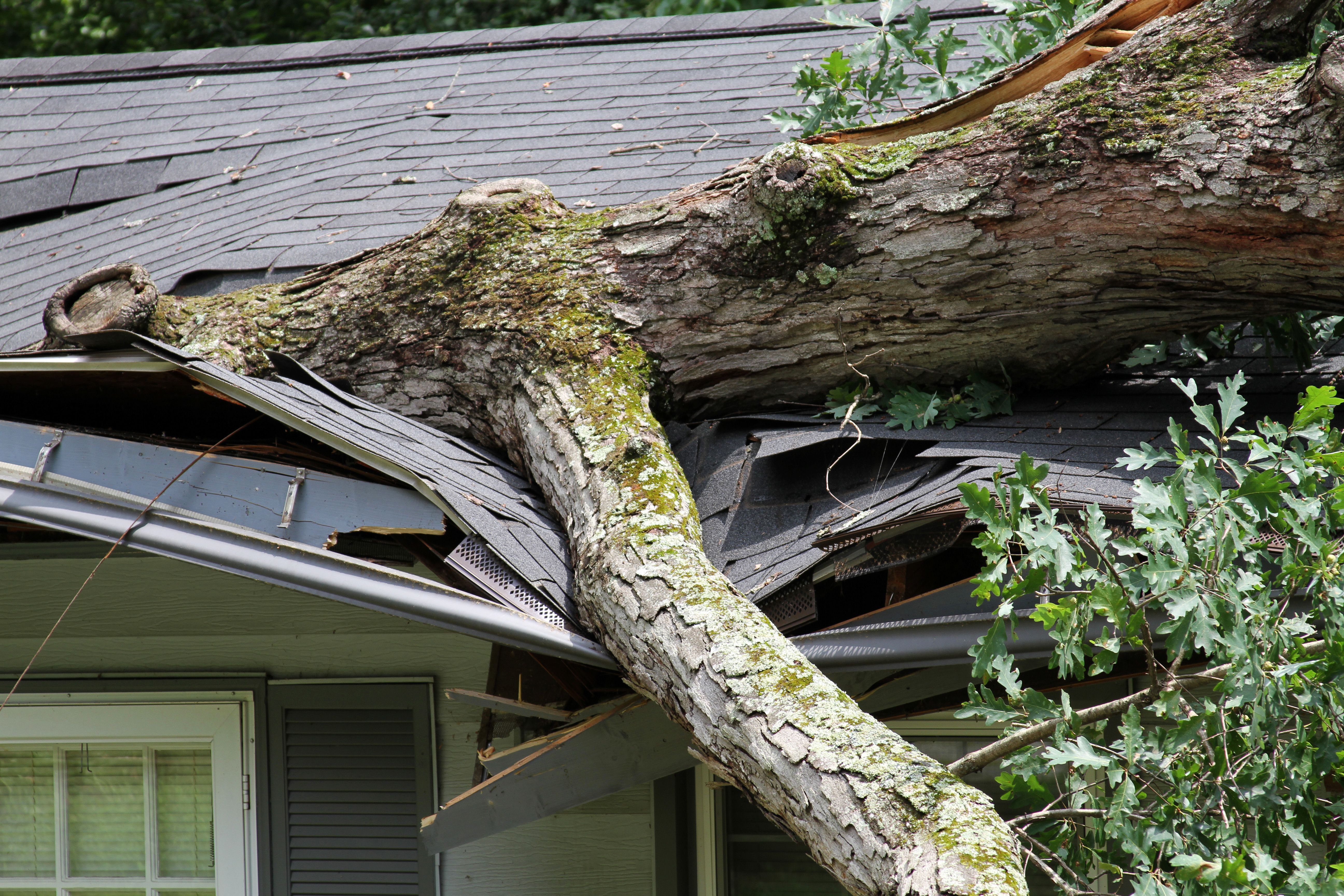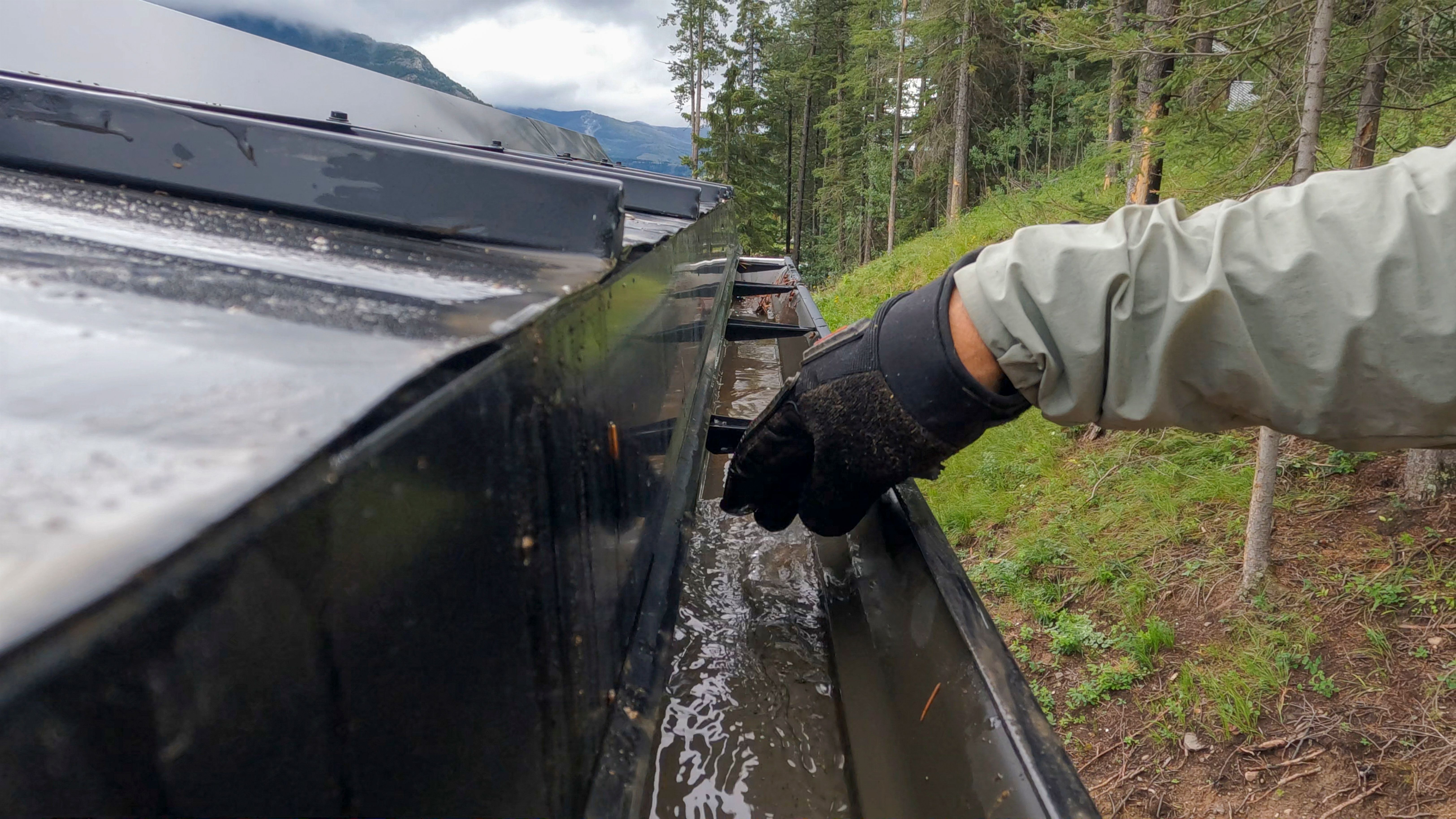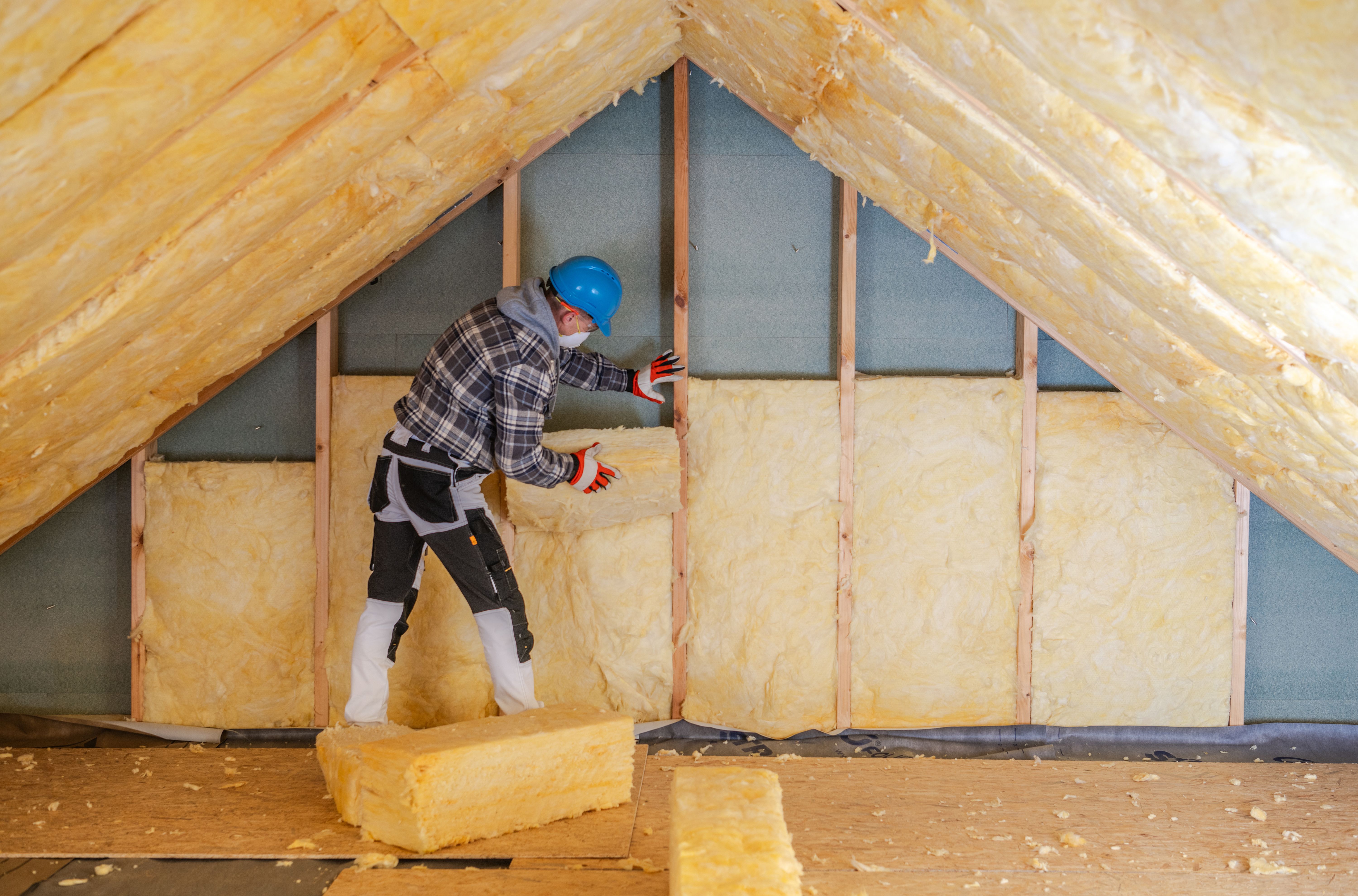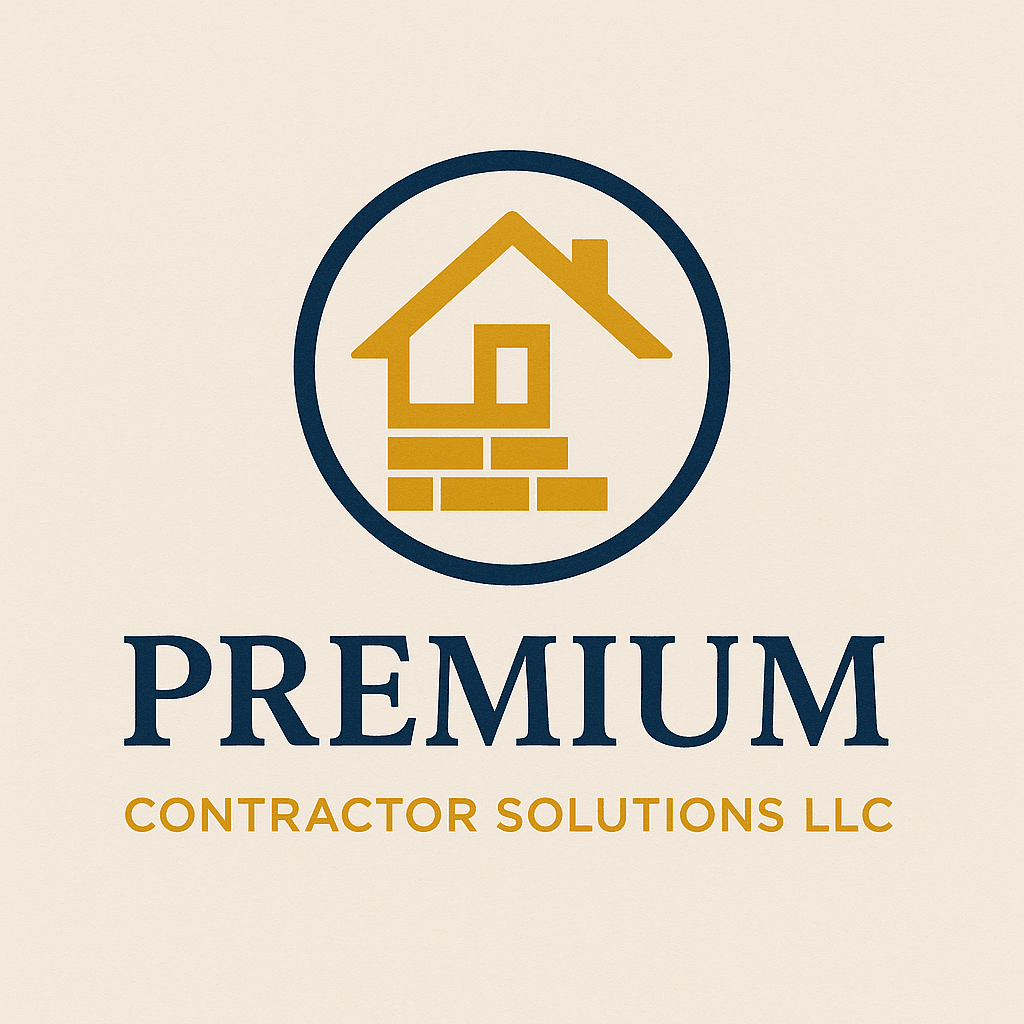- Home
- Blog
- Roofing
- storm Damage & Roofing Insurance Claims
- roofing and siding services repair and full replacement
- roof repair in Arlington
- roof repair In Alexandria
- roof repair in Woodbridge
- roof repair in Springfield
- roof repair in Falls Church
- roof repair in Loudoun County
- roof repair in Prince William County
Protecting Your Home from Weather-Related Roofing and Interior Damage
Pc
Understanding Weather-Related Risks
Homeowners often overlook the potential threats that weather can pose to their homes. From heavy rain and snow to strong winds and hail, various weather conditions can cause significant damage to both the exterior and interior of your house. Understanding these risks is the first step towards effective prevention.

Roof Maintenance and Inspection
Your roof is the first line of defense against the elements. Regular maintenance and inspection are crucial in ensuring its integrity. Look for missing or damaged shingles, cracks, and other signs of wear and tear. It's advisable to schedule professional roof inspections at least once a year, particularly before and after severe weather seasons.
Addressing Gutter and Downspout Issues
Gutters and downspouts play a vital role in directing water away from your home. Ensure they are free from debris to prevent water buildup, which can lead to leaks and water damage. Regular cleaning, especially during autumn, and proper installation are essential for maintaining their functionality.

Preventing Interior Water Damage
While exterior protection is crucial, safeguarding your home's interior is equally important. Water leaks can lead to mold growth, structural damage, and health issues. To combat this, identify areas prone to leaks, such as around windows, doors, and plumbing fixtures, and seal any gaps or cracks.
Investing in Quality Insulation
Quality insulation not only helps in maintaining indoor temperature but also acts as a barrier against moisture intrusion. Ensure your attic, walls, and basement are well-insulated to prevent condensation and subsequent water damage. This investment can save you significant repair costs in the long run.

Emergency Preparedness
Being prepared for severe weather events can mitigate damage and ensure safety. Have an emergency kit ready with essentials like flashlights, batteries, and first-aid supplies. Additionally, familiarize yourself with local weather alerts and have an evacuation plan if necessary.
Insurance Considerations
Review your homeowner’s insurance policy to understand what types of weather-related damages are covered. Consider additional coverage for specific risks prevalent in your region, such as flood or hurricane insurance. This proactive step can provide peace of mind and financial protection.
Regular Monitoring and Updates
Stay informed about the latest weather patterns and predictions in your area. Regularly update your home protection strategies to align with any changes in climate trends or new technologies available for home protection.

